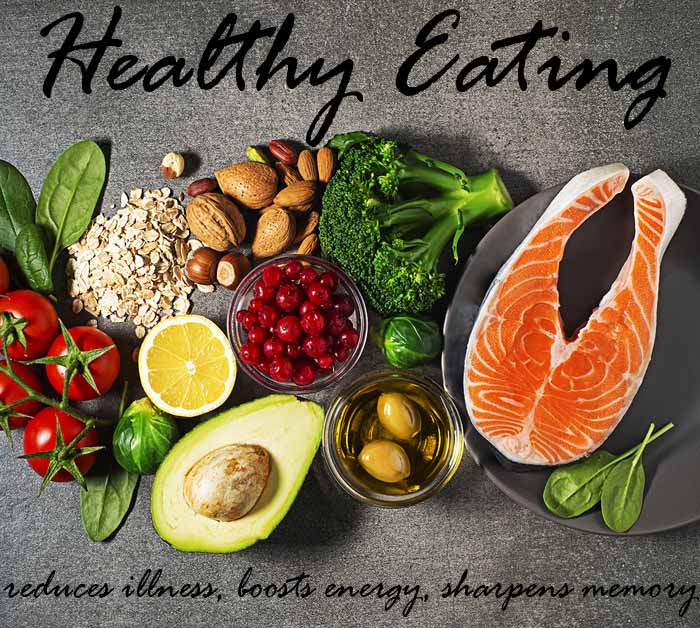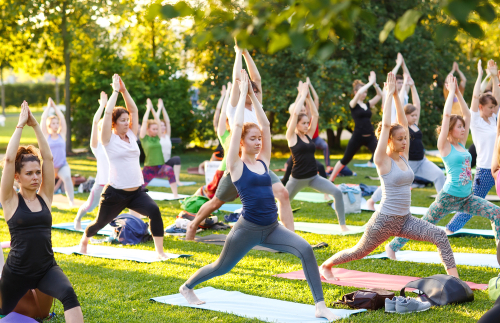Breakfast is often called ‘the most important meal of the day’, and for good reason. As the name suggests, breakfast breaks the overnight fasting period. It replenishes your supply of glucose to boost your energy levels and alertness, while also providing other essential nutrients required for good health.
Many studies have shown the health benefits of eating breakfast. It improves your energy levels and ability to concentrate in the short term, and can help with better weight management, reduced risk of type 2 diabetes and heart disease in the long term.
Despite the benefits of breakfast for your health and wellbeing, many people often skip it, for a variety of reasons. The good news is there are plenty of ways to make it easier to fit breakfast into your day.
Why breakfast is so important
When you wake up from your overnight sleep, you may not have eaten for up to 10 hours. Breakfast replenishes the stores of energy and nutrients in your body.
Energy
The body’s energy source is glucose. Glucose is broken down and absorbed from the carbohydrates you eat. The body stores most of its energy as fat. But your body also stores some glucose as glycogen, most of it in your liver, with smaller amounts in your muscles.
During times of fasting (not eating), such as overnight, the liver breaks down glycogen and releases it into your bloodstream as glucose to keep your blood sugar levels stable. This is especially important for your brain, which relies almost entirely on glucose for energy.
In the morning, after you have gone without food for as long as 12 hours, your glycogen stores are low. Once all of the energy from your glycogen stores is used up, your body starts to break down fatty acids to produce the energy it needs. But without carbohydrate, fatty acids are only partially oxidized, which can reduce your energy levels.
Eating breakfast boosts your energy levels and restores your glycogen levels ready to keep your metabolism up for the day.
Skipping breakfast may seem like a good way to reduce overall energy intake. But research shows that even with a higher intake of energy, breakfast eaters tend to be more physically active in the morning than those who don’t eat until later in the day.
Essential vitamins, minerals and nutrients
Breakfast foods are rich in key nutrients such as folate, calcium, iron, B vitamins and fiber. Breakfast provides a lot of your day’s total nutrient intake. In fact, people who eat breakfast are more likely to meet their recommended daily intakes of vitamins and minerals than people who don’t.
Essential vitamins, minerals and other nutrients can only be gained from food, so even though your body can usually find enough energy to make it to the next meal, you still need to top up your vitamin and mineral levels to maintain health and vitality.
Breakfast helps you control your weight
People who regularly eat breakfast are less likely to be overweight or obese. Research is ongoing as to why this is the case. It is thought that eating breakfast may help you control your weight because:
- it prevents large fluctuations in your blood glucose levels, helping you to control your appetite
- breakfast fills you up before you become really hungry, so you’re less likely to just grab whatever foods are nearby when hunger really strikes (for example high energy, high fat foods with added sugars or salt).
Breakfast boosts brainpower
If you don’t have breakfast, you might find you feel a bit sluggish and struggle to focus on things. This is because your brain hasn’t received the energy (glucose) it needs to get going. Studies suggest that not having breakfast affects your mental performance, including your attention, ability to concentrate and memory. This can make some tasks feel harder than they normally would.
Children and adolescents who regularly eat breakfast also tend to perform better academically compared with those who skip breakfast. They also feel a greater level of connectedness with teachers and other adults at their school, which leads to further positive health and academic outcomes.
A healthy breakfast may reduce the risk of illness
Compared with people who don’t have breakfast, those who regularly eat breakfast tend to have a lower risk of both obesity and type 2 diabetes. There is also some evidence that people who don’t have breakfast may be at a higher risk of cardiovascular disease.
Breakfast helps you make better food choices
People who eat breakfast generally have more healthy diets overall, have better eating habits and are less likely to be hungry for snacks during the day than people who skip breakfast. Children who eat an inadequate breakfast are more likely to make poor food choices not only for the rest of the day, but also over the longer term.
People who skip breakfast tend to nibble on snacks during the mid-morning or afternoon. This can be a problem if those snacks are low in fiber, vitamins and minerals, but high in fat and salt. Without the extra energy that breakfast can offer, some people feel lethargic and turn to high-energy food and drinks to get them through the day.
If you do skip breakfast, try a nutritious snack such as fresh fruit, yoghurt, veggie sticks and hummus, or a whole meal sandwich to help you through that mid-morning hunger.
Ideas for healthy breakfast foods
Research has shown that schoolchildren are more likely to eat breakfast if easy-to-prepare breakfast foods are readily available at home. Some quick suggestions include:
- porridge made from rolled oats – when choosing quick oats, go for the plain variety and add your own fruit afterwards as the flavored varieties tend to have a lot of added sugar
- wholegrain cereal (such as untoasted muesli, bran cereals or whole-wheat biscuits) with milk, natural yoghurt and fresh fruit
- fresh fruits and raw nuts
- whole meal, wholegrain or sourdough toast, or English muffins or crumpets with baked beans, poached or boiled eggs, tomatoes, mushrooms, spinach, salmon, cheese, avocado or a couple of teaspoons of spreads such as hummus or 100% nut pastes (such as peanut or almond butter)
- smoothies made from fresh fruit or vegetables, natural yoghurt and milk
- natural yoghurt with some fresh fruit added for extra sweetness and some raw nuts for crunchiness.
source: better health from betterhealth.vic.gov.au

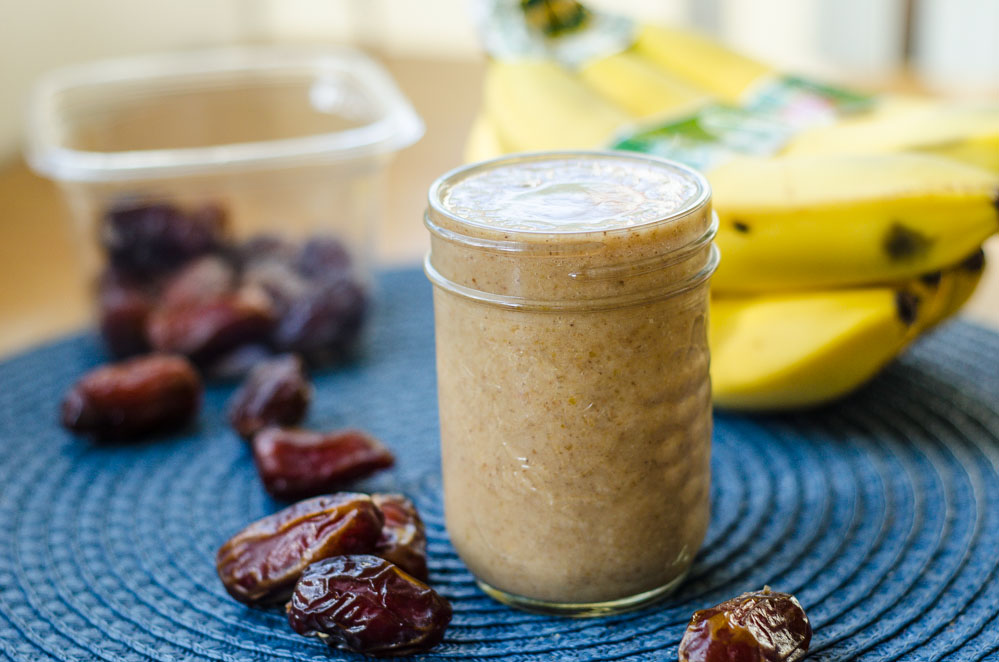
 January 25th, 2021
January 25th, 2021  mannoh
mannoh 

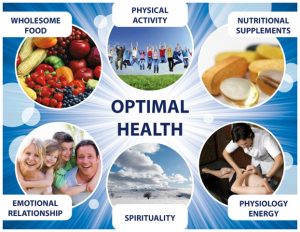
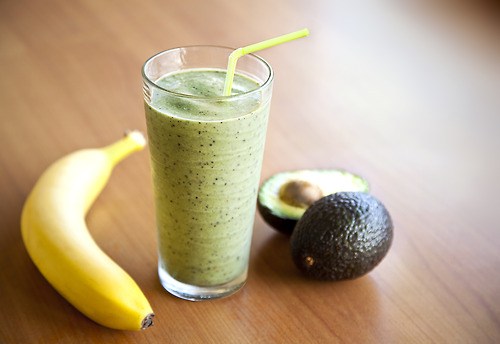 For the betterment of health, there are varieties of various types of health supplements available in the market. Further, the vendors ensure zero adulteration for effective results.
For the betterment of health, there are varieties of various types of health supplements available in the market. Further, the vendors ensure zero adulteration for effective results.
